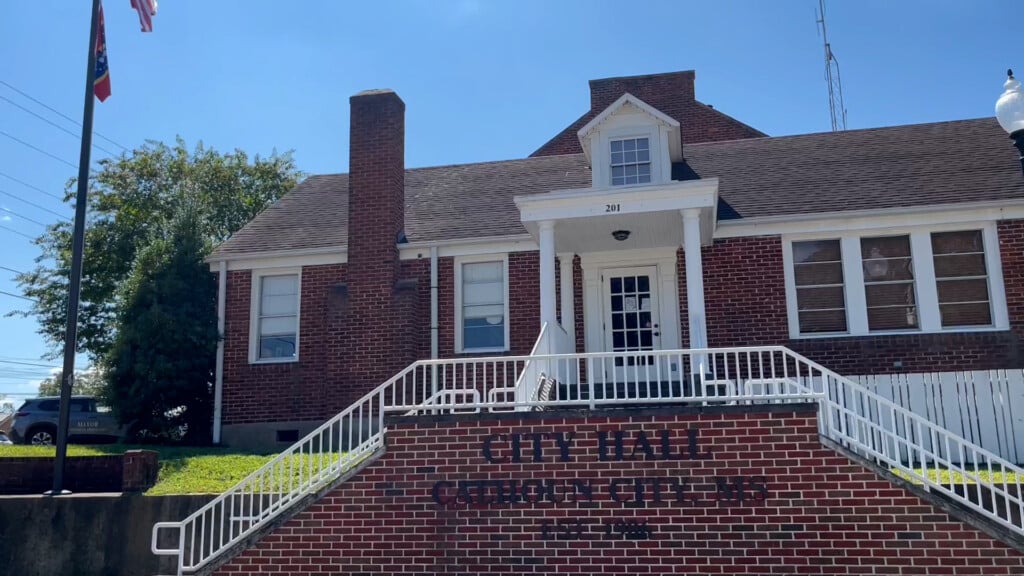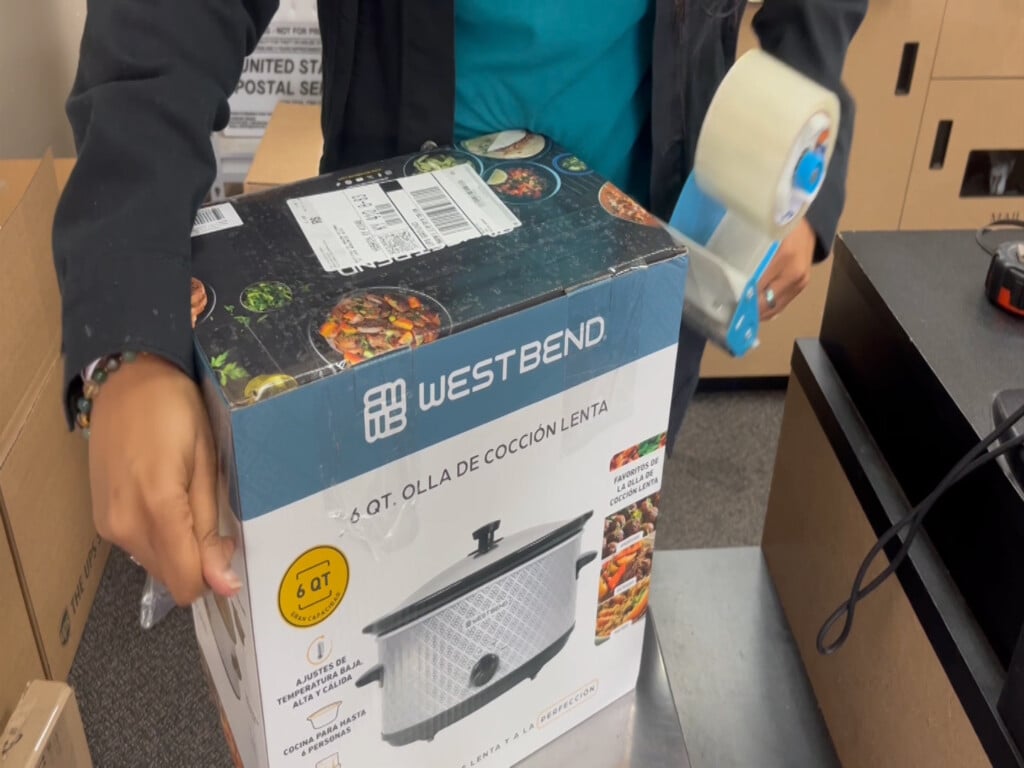Trump meets with recovered coronavirus patients
President Trump on Tuesday met with a handful of recovered coronavirus patients who traveled from all over the country, including from states with stay-at-home orders, to meet with him. Some of them had taken hydroxychloroquine, the anti-malarial drug the president has been touting.
Mr. Trump asked the patients to discuss their experience with the drug, if they took it. Some patients have anecdotally said the drug has helped them, although clinical trials about the effectiveness and risks of taking the drug have yet to be completed.
One of the participants at Tuesday’s roundtable was a Democratic state representative, Karen Whitsett, who credited the drug at least in part for her recovery. Mr. Trump joked that surely she won’t vote for former vice president “sleepy” Joe Biden for president.
“Had you not brought this to the forefront of the HQ, of being able to put this out here, I wouldn’t be here today to even have this conversation with you and to be able to talk about the needs of Detroit and talk about this people who really need this,” Whitsett said during the meeting.
The president said that if anyone other than him endorsed the drug, people would back it, rather than question it. Mr. Trump has told reporters he doesn’t personally have any investments related to hydroxychloroquine.
“We have tremendous endorsements, but if it was somebody else other than President Trump that put it forward, if some other person put it forward that said, ‘Oh, let’s go with it.’ You know, what do you have to lose?” Mr. Trump said Tuesday. “They’ve been taking it for 40 years for malaria, which by the way, it’s an unbelievable malaria pill. Unbelievable lupus pill.”
Mark Campbell, a former NFL player for the Cleveland Browns, also said at the meeting that he took hydroxychloroquine.
Clinical trials are underway for the drug. But in the meantime, the president’s own health experts are emphasizing that evidence it works are purely anecdotal. The side effects of the drug under such circumstances are still unclear.
“Many of the things out there are what I have called ‘anecdotal reports,'” Mr. Trump told reporters at a press briefing last month. “The information that you’re referring to specifically is anecdotal. It was not done in a controlled clinical trial, so you really can’t make any definitive statement about it.”
Dr. Anthony Fauci, the renowned National Institutes of Health immunologist who has been overseeing the health response to the coronavirus is among the experts who not ready to call the drug a possible “game-changer,” as the president has referred to it. “The data are really just, at best, suggestive,” Fauci told CBS News’ “Face the Nation” earlier this month. “There have been cases that show there may be an effect, and there are others to show there’s no effect. So, I think, in terms of science, I don’t think we could definitively say it works.”
There are a few limited or small studies without control groups that suggest that the drug may be effective at least in mild cases, the New York Times noted, but the Times also pointed out that “research involving few patients and no controls cannot determine whether a drug works.”
And for some, the drug can have dangerous side effects, particularly for those with heart disease, eye ailments involving the retina, liver or kidney disease or a history of seizures.
Nonetheless, in March, hydroxichloroquine orders rose 260%, and CBS News chief medical correspondent Dr. Jon LaPook pointed out another unintended consequence — that the recent spate of overprescriptions has made it nearly impossible for those who need it to control autoimmune disorders, such as lupus, to obtain it.
On Tuesday, the president is expected to announce the members of his various task forces to restart the economy. Mr. Trump has tentatively offered a May 1 date for reopening vast swaths of the economy, although that decision is ultimately up to states.





Leave a Reply